Michael Travis is a man of many talents. He’s played lead roles in Grand Rapids Civic Theater. He’s a director. He’s been in operas. And he’s acted in a handful of movies.
But there is one thing the 61-year-old Wyoming, Michigan, resident couldn’t do: fix his own heart.
Doctors diagnosed the former college athlete with cardiomyopathy, or an enlarged heart, at age 19. He underwent bariatric surgery in 2005 and made drastic lifestyle changes in 2013, including eating healthier, eliminating alcohol and exercising more.
But his condition took a sudden turn downward last December, when he collapsed in his office at the Michigan Department of Health and Human Services in Grand Rapids.
James Vanden Heuvel and Mark Logan, two men he barely knew, quickly sprang into action. Vanden Heuvel performed CPR while Logan used an AED machine.
A coworker hollered for Michael’s wife, Jennifer, who works in the same building.
Another employee also called 911.
The EMTs arrived and continued CPR, but the situation looked grim. Michael suffered ventricular fibrillation, or V-fib, which caused his heart to quiver instead of beating steadily.
Fortunately, the faint quivering motivated the first responders to keep working.
When all hope seemed to be lost, we hung on tight to the steering wheel. The likelihood of his waking up as he did was just short of a miracle.
At Jennifer’s request, the ambulance delivered Michael to Spectrum Health Butterworth Hospital, where the life-saving work continued with a LUCAS machine, which automates CPR compressions.
“They got the heart going, but it was really scary,” Jennifer said.
The staff grew concerned about the lack of oxygen to Michael’s brain, so they performed a CT scan to check for damage.
“They were preparing me for the worst,” Jennifer said.
Two kinds of suffering
Despite the interruption of blood flow to his vital organs, Michael suffered no lasting damage to his brain.
Moments after technicians performed the CT scan, he opened his eyes and looked up at Jennifer.
Within two days, although still bed-bound in Spectrum Health Fred and Lena Meijer Heart Center, he could sit up and talk quite plainly.
“When all hope seemed to be lost, we hung on tight to the steering wheel,” said Gustavo Cumbo-Nacheli, MD, who treated Michael in the emergency department and during his stay in intensive care. “The likelihood of his waking up as he did was just short of a miracle.”
One doctor dubbed him Miracle Mike.
But Michael prefers a different word: providence.
“The reactions of the doctors made me realize just how bad it was to work on me that long,” he said. “I feel blessed there was mercy shown upon me by God.”
During his hospital stay, he received a surprise visit from the EMTs who helped save his life.
“They were shocked to see me sitting up and talking and eating,” Michael said. “They had tears in their eyes.”
Dr. Cumbo-Nacheli said the family proved extraordinarily supportive. At one point, he insisted Jennifer return home for a bit so she’d be rested and ready to care for Michael during his long recovery.
Michael and his wife said it has been an emotional journey.
Over the past few weeks, Jennifer has been recalling more details about her husband’s collapse, resuscitation and subsequent treatments.
“The perception of families is that we work on bodies to heal them. But there are two types of suffering—the physical and the emotional,” Dr. Cumbo-Nacheli said, noting that Spectrum Health provides care and emotional support for patients’ family members.
“This family, in particular, needed some emotional healing,” he said.
No hesitation
Michael is now focused on recovery, which includes intense cardiac rehab.
He’s still sore from the broken ribs he suffered during CPR, however, which has made it near impossible to achieve any comfortable rest. And he is beginning to rediscover his singing voice.
At home, he relaxes with the company of Lilly and Sugar, his two poodle-mix dogs. He also plans to adopt a Great Dane puppy, a promise Jennifer made when Michael had been in and out of consciousness.
Somehow, that promise took root in his memory.
They plan to name the dog Lucas, in honor of the automated CPR equipment that helped save his life.
Overall, Michael is experiencing a new kind of gratitude for life. Vanden Heuvel and Logan, who performed CPR and used the AED, are among his newest friends.
“I know the only reason I am sitting here and able to talk to you now is because of James not hesitating,” Michael said. “He just jumped right in.”
Michael also has a new appreciation for the ubiquity of AEDs, which he now notices wherever he goes.
“I want to remember where they are, if I can,” he said. “If it was needed, I would grab one in a heartbeat.”
Dr. Cumbo-Nacheli said AEDs have had a tremendous impact on saving lives.
“They are widely available,” the doctor said. “And with the push of a button, anyone can save a life.”
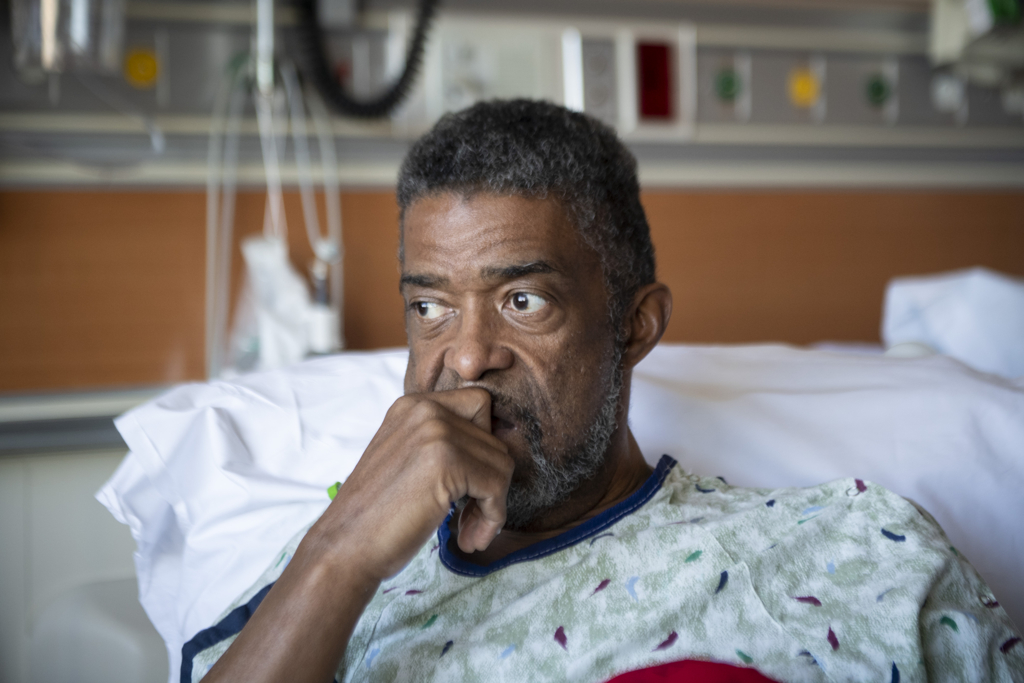
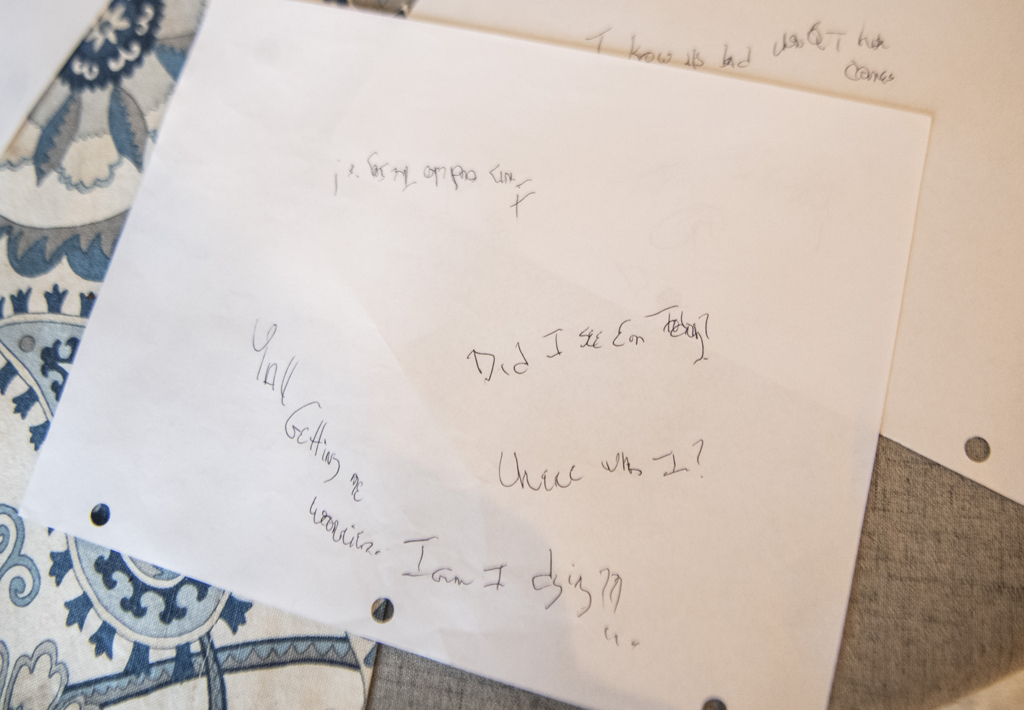
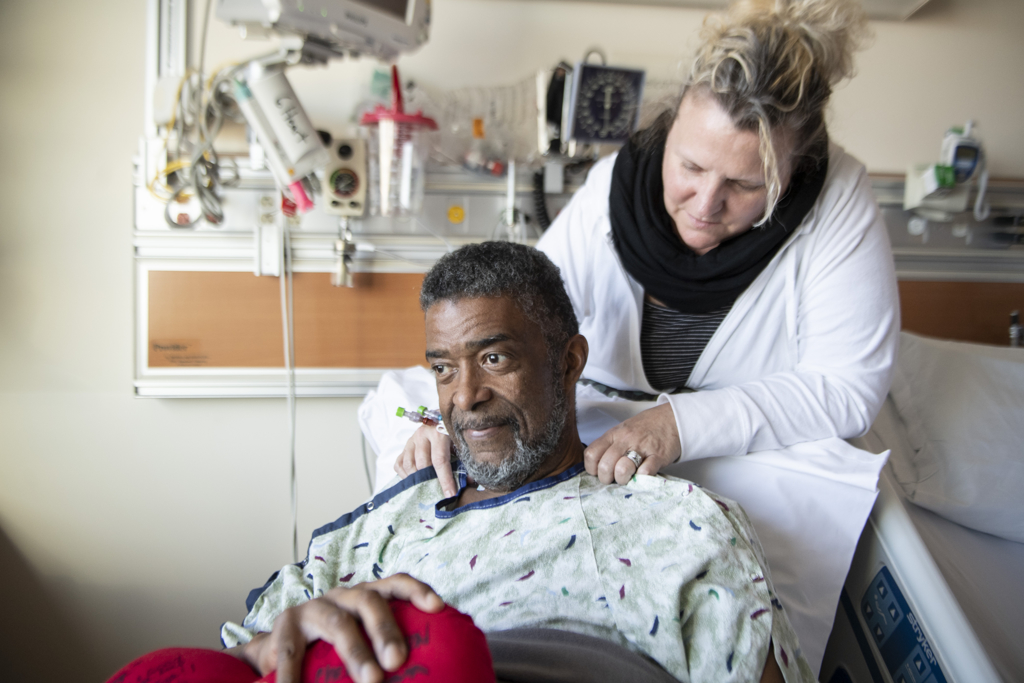
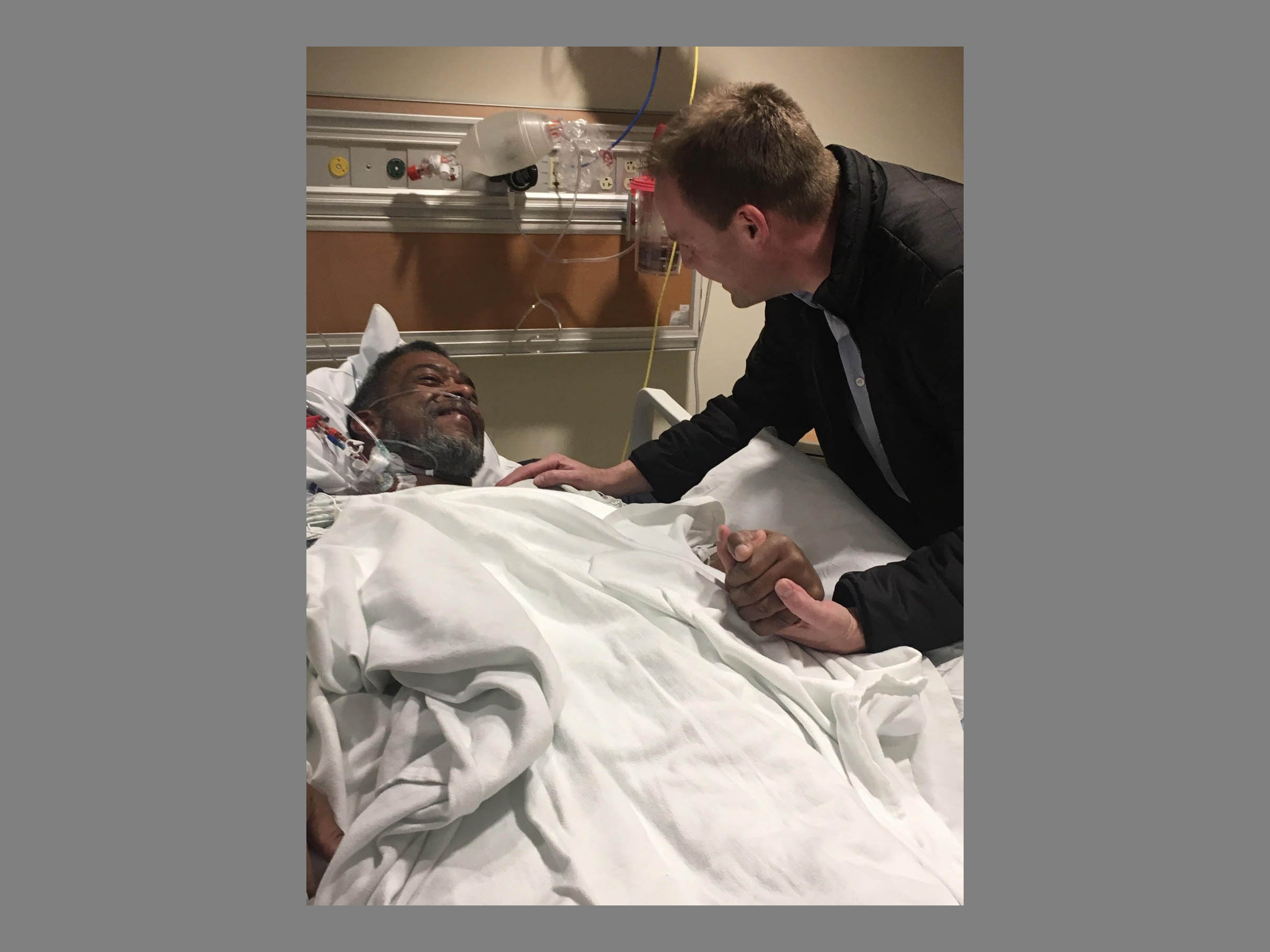
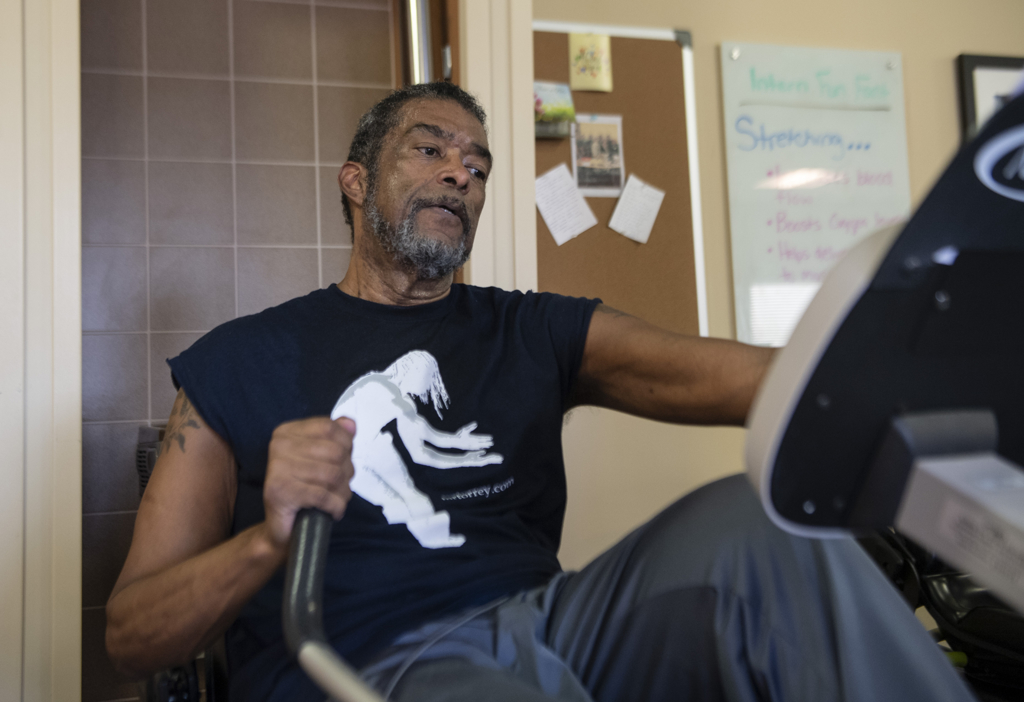
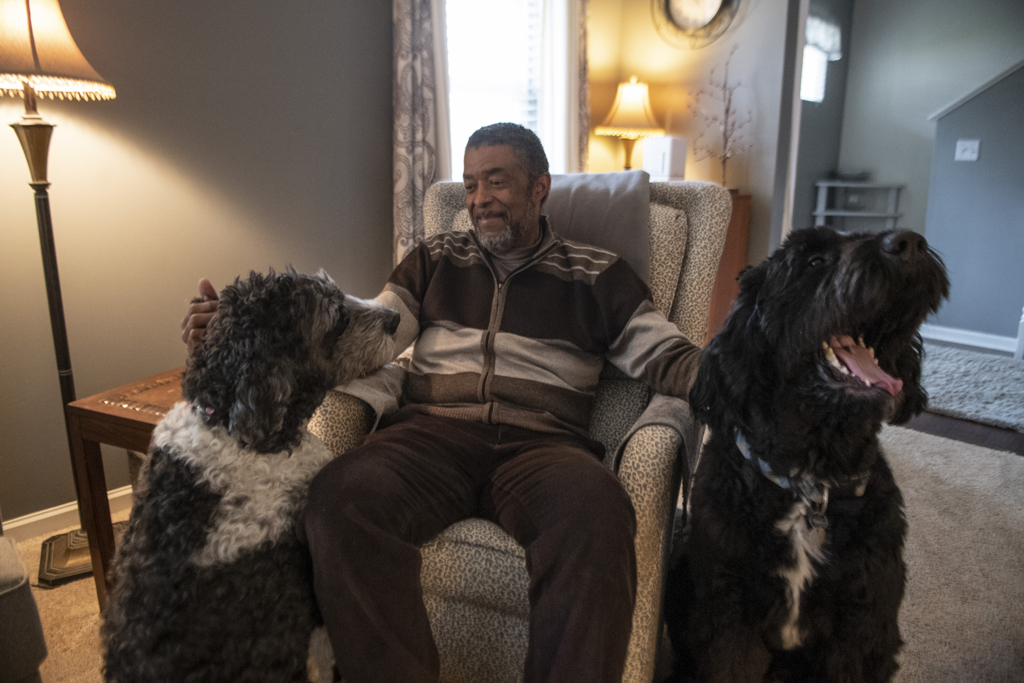
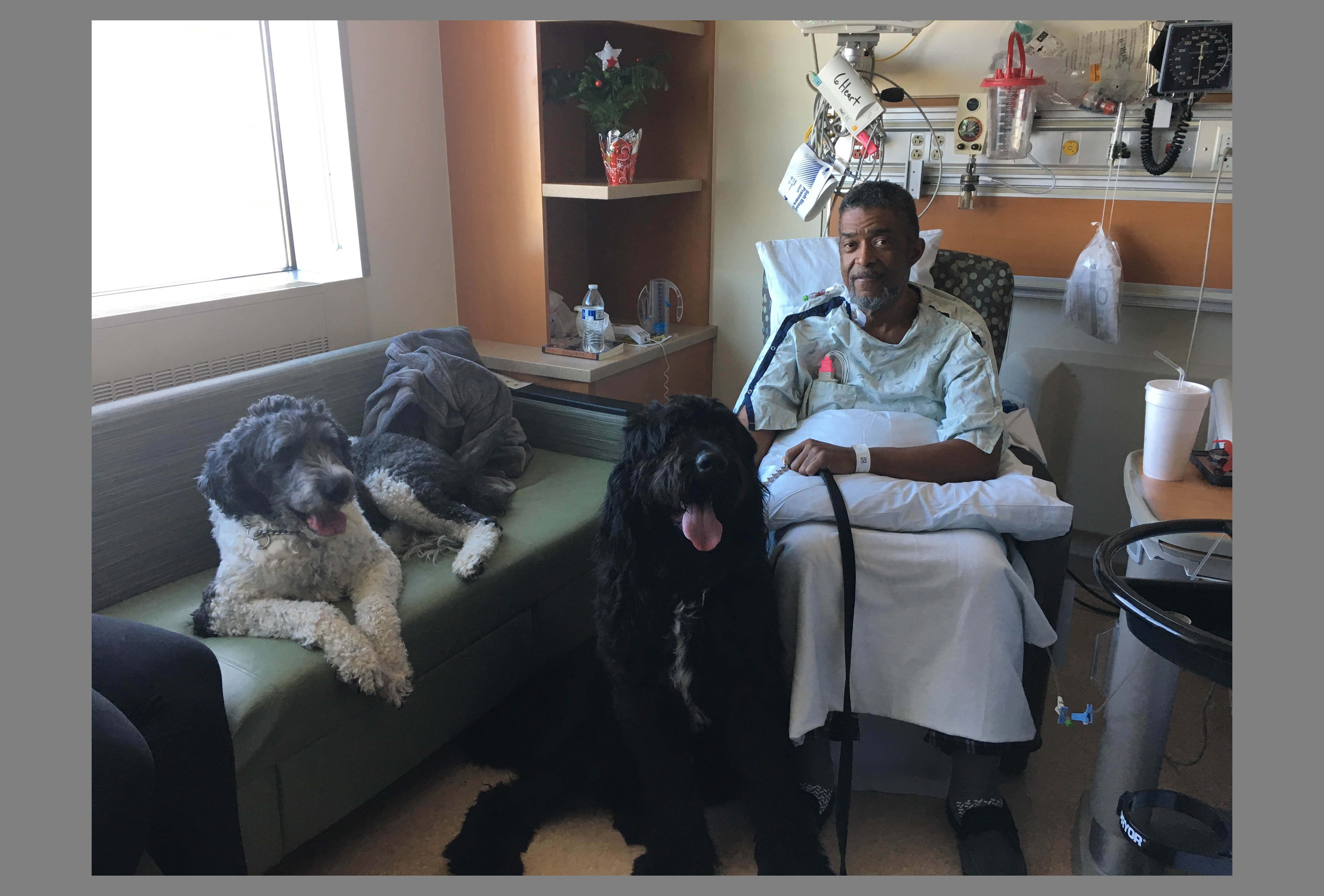
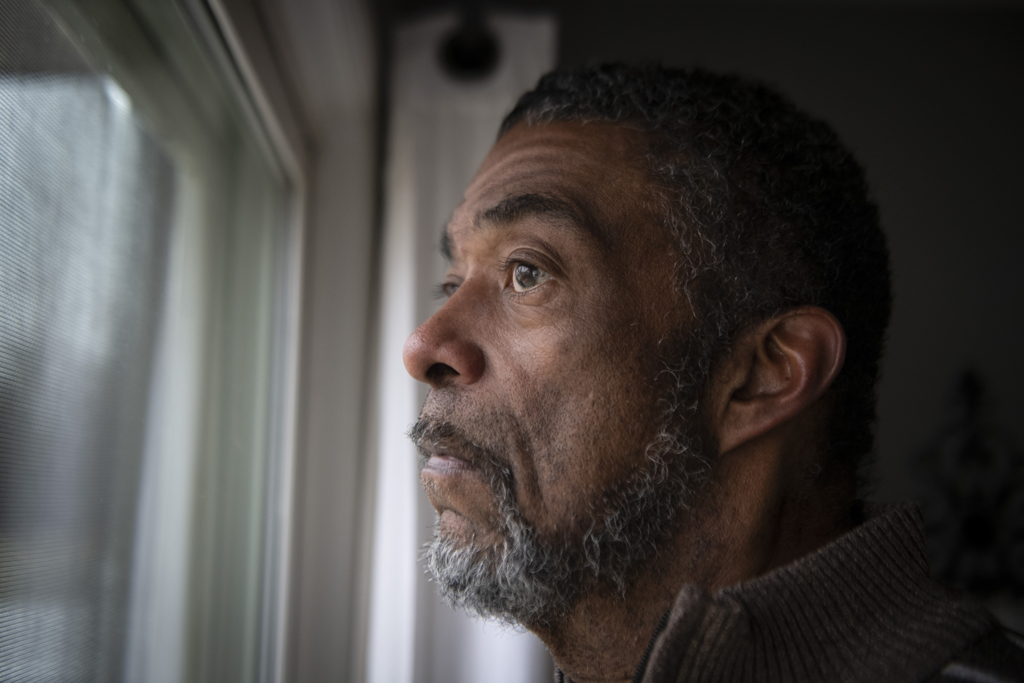
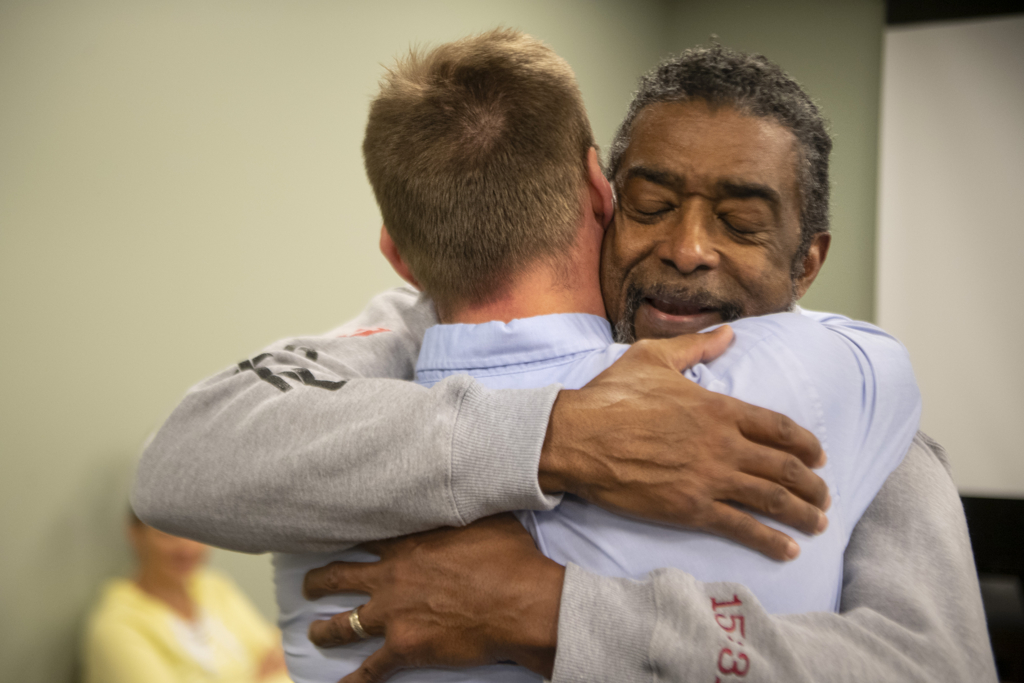
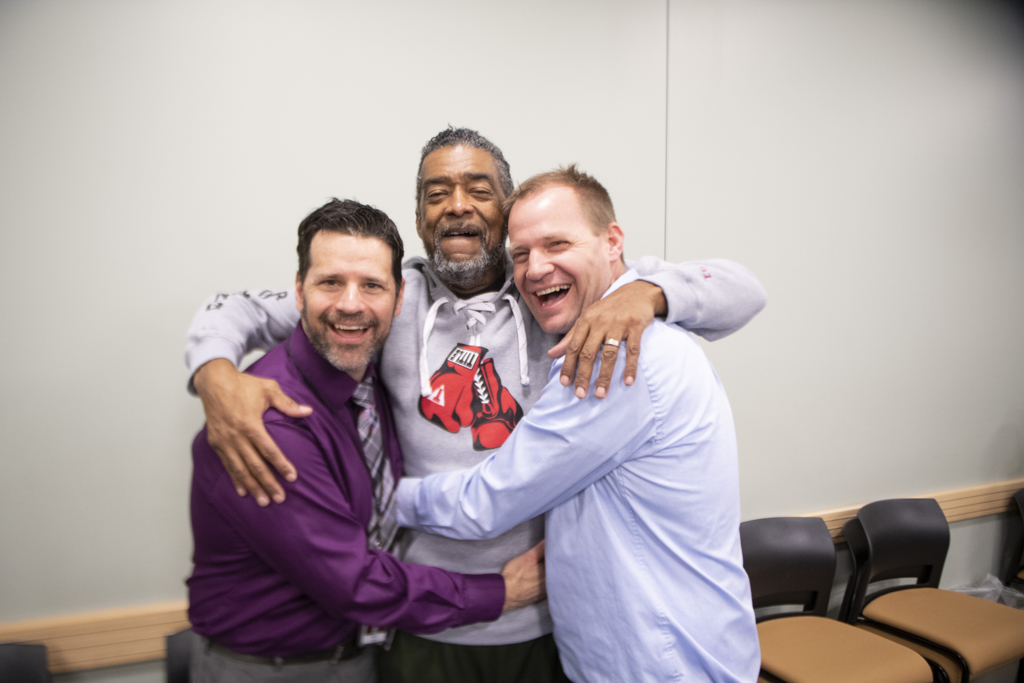
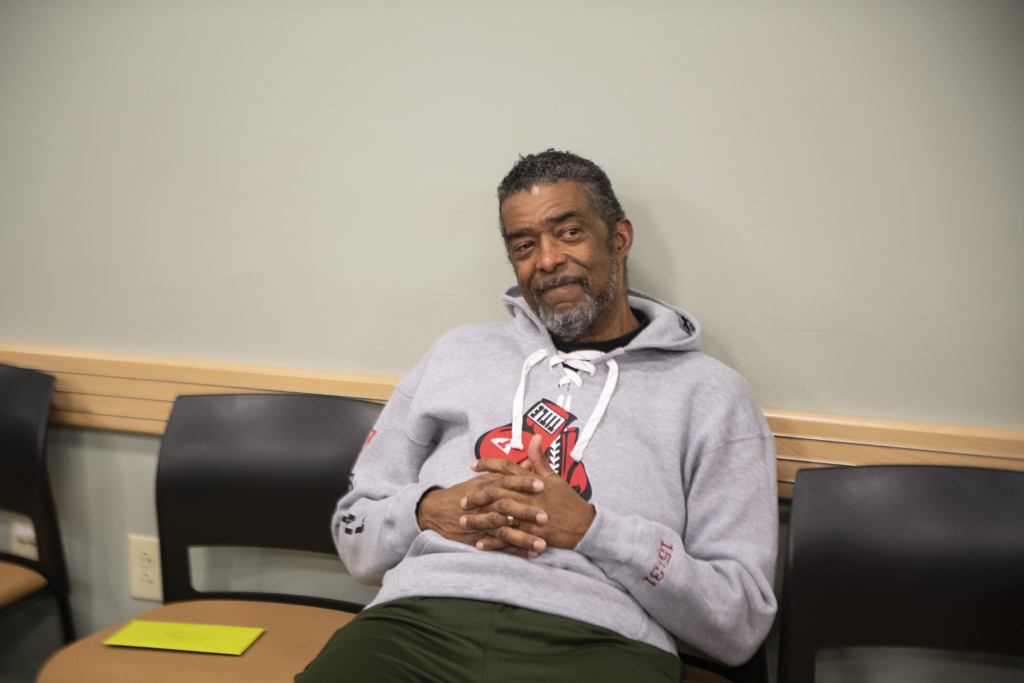
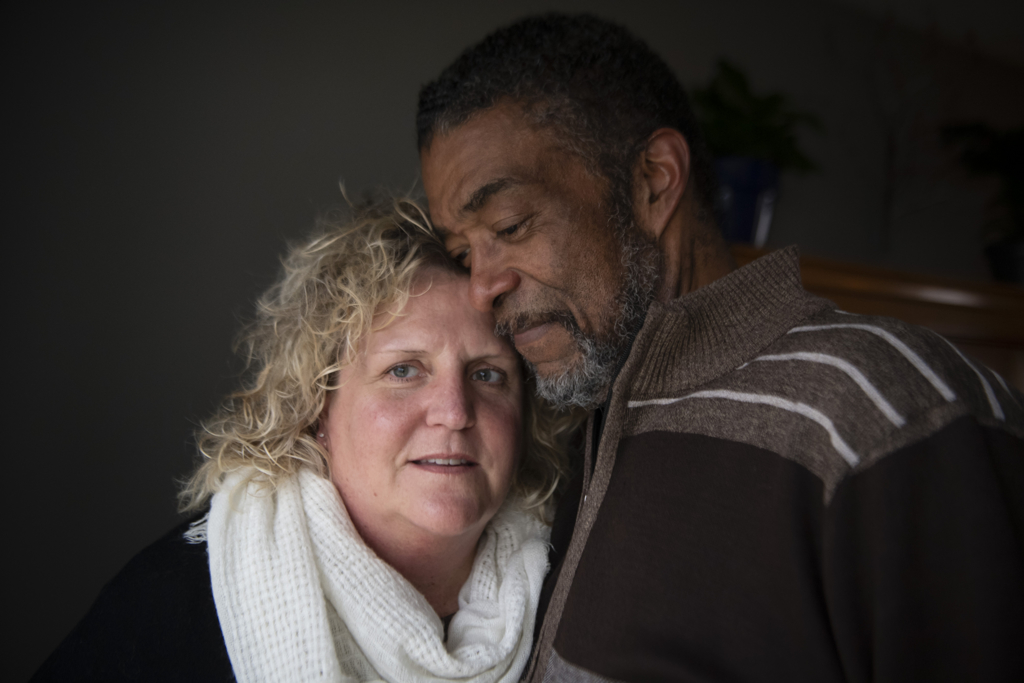
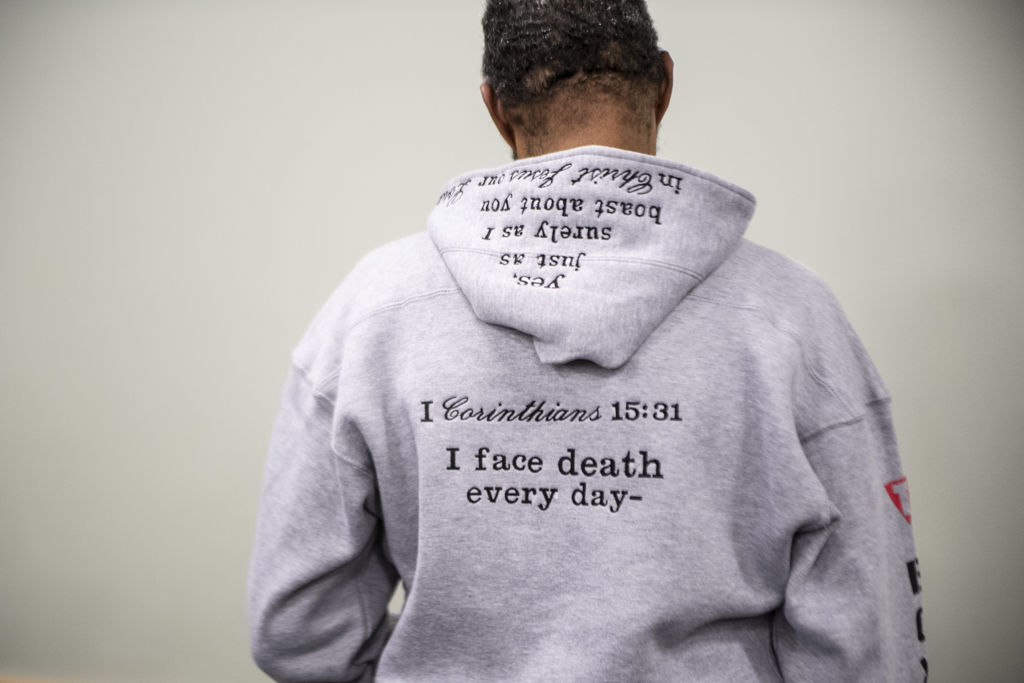
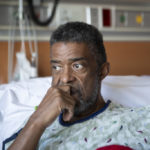

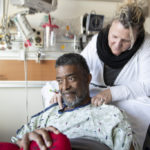
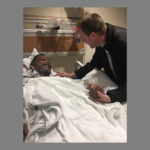
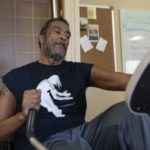
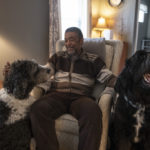
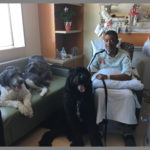






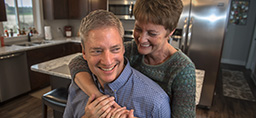 /a>
/a>
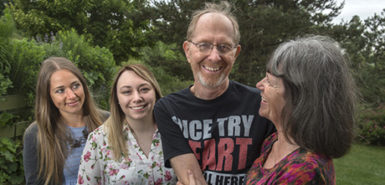 /a>
/a>
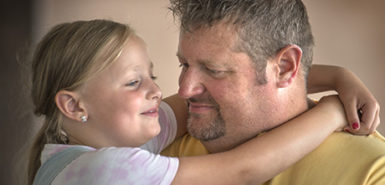 /a>
/a>
If anyone in the world deserved this miracle, it’s Michael and Jennifer. They are the most caring, selfless, and pure people you will ever meet! God has blessed them as well as everyone who continues to have Michael in their lives!
“And he said unto me, My Grace is sufficient for thee: for my strength is made perfect in weakness. Most gladly therefore will Irather glory in my infirmities, that the power of Christ may rest upon me.” 2nd Corinthians 12:9
OMG. Oh my Lord. Thank you Jesus for your Angels, your Mercy, your goodness and blessings.
Even now after so many months, I can hardly think about this miracle without tears. Jen, I know you felt your mom’s presence. She was right there with you and Travis, through everything. God is great!! May God give blessings to the doctors and emergency staff as they never gave up.
Love you both,
Aunt Elaine
What a tremendous story and testimony! I love you Michael and you have always been an inspiration to my life! I seen your picture and I relooked and I was like is this the Mike I know??? It was! What a miracle of providence you are today! Spectrum, great joy to work for you today to see and to be apart of these miracles! Michael, I am so thankful you are here today and so thankful for your truth and inspiration!